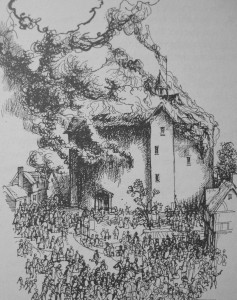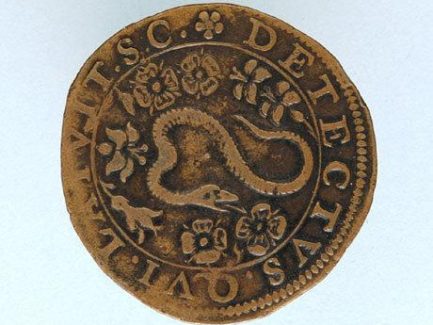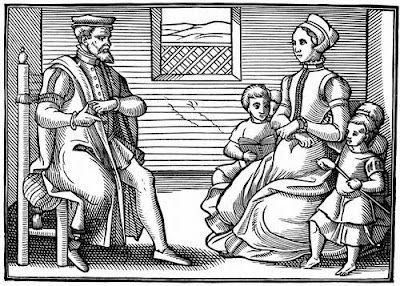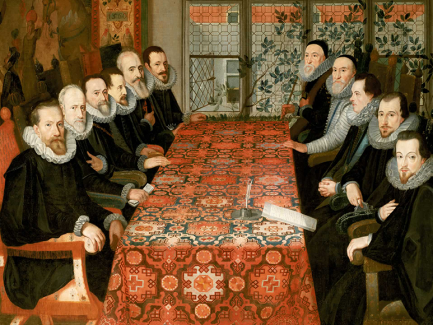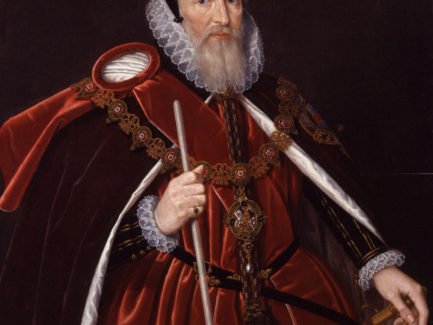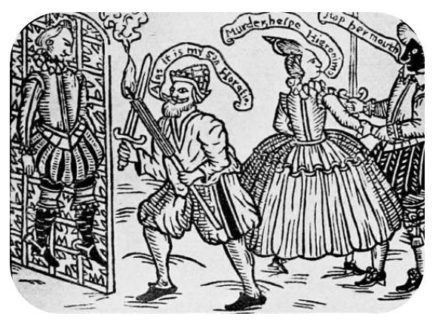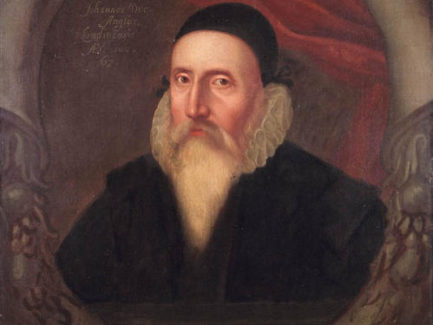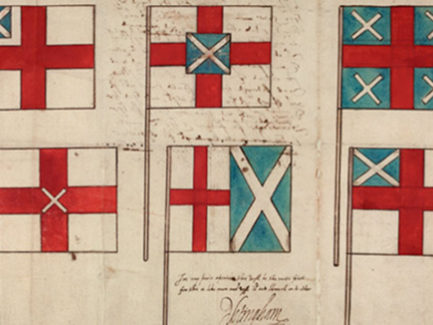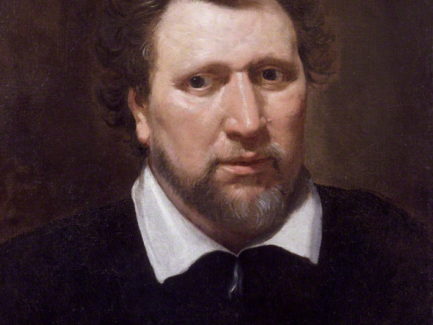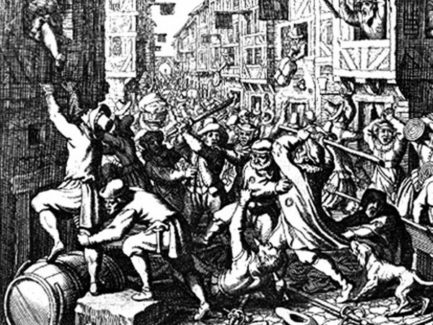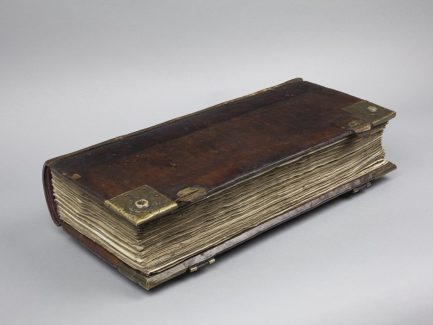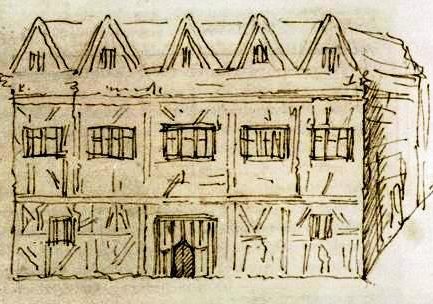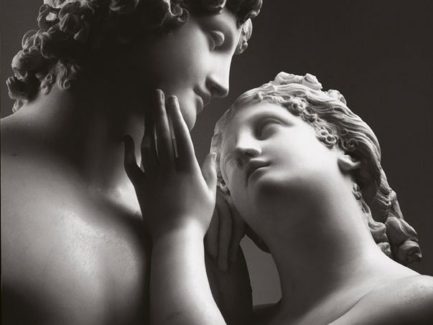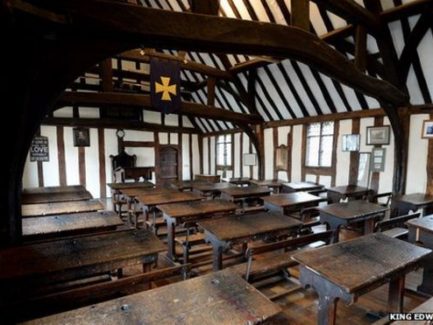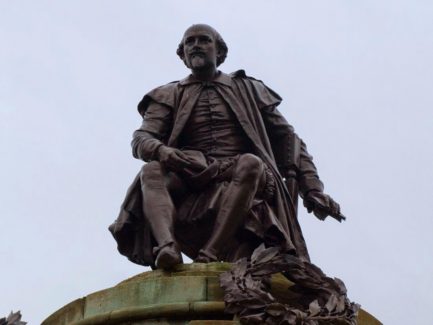What did visitors to London think of the playhouses during Shakespeare’s lifetime?
Baron Waldstein visited London on 3 July 1600 during his travels. He recorded in his diary that he ‘went to see an English play at a theatre based on the ‘Roman plan’: ‘it is built of wood and is so designed that he spectators can get a comfortable view of everything that happens in any part of the building’. He was in England during extended tour and visited the popular destinations including Canterbuty Cathedral, Westminster Abbey, St Paul’s, Whitehall, the Tower, Oxford and Cambridge, Theobalds…and he also met Elizabeth I.
Earlier that year, in March 1600, the Lord Chamberlain’s Men had performed at Hunsdon House before the Flemish ambassador, Ludovik Verreyken. Lord Hunsdon, patron of Shakespeare’s playing company, sometimes called upon their services when he entertained foreign dignitaries. Rowland Whyte wrote about the performance given by ‘the Lord Chamberlain’s players’ in a letter to Sir Robert Sidney and described the ambassador as greatly contented by it:
All this week the Lords have been in London, and passed away the time in feasting and plays; for Vereiken dined on Wednesday with my Lord Treasurer, who made him a royal dinner; upon Thursday my Lord Chamberlain feasted him and made him very great, and a delicate dinner, and there in the afternoon his players acted, before Vereiken, Sir John Old Castell, to his great contentment.
In 1610, Louis Frederick, Duke of Würtemberg, was in England during a diplomatic visit when he visited the Globe. Details of his travels were noted by his secretary, Hans Jacob Wurmsser von Vendenheym, who recorded in his diary that the duke saw ‘l’histoire du More de Venise’. The Tragedy of Othello, the Moor of Venice was a popular play. It had been performed at court by the King’s Men as early as 1604, and it was performed by Shakespeare’s playing company at the Globe playhouse as well as at their indoor playhouse at Blackfriars.
Over a decade earlier, Thomas Platter, a physician from Switzerland also visited England. He described ‘an excellent performance of the tragedy of the first Emperor Julius Caesar, with a cast of some fifteen people’. He also wrote about English playhouses:
The playhouses are so constructed that they play on a raised platform, so that everyone has a good view. There are different galleries and places, however, where the seating is better and more comfortable and therefore more expensive. For whoever cares to stand below only pays one English penny, but if he wishes to sit he enters by another door, and pays another penny, while if he desires to sit in the most comfortable seats which are cushioned, where he not only sees everything well, but can also be seen, then he pays yet another English penny at another door. And during the performance food and drink are carried round the audience, so that for what one cares to pay one may also have refreshment.
© 2020 Shakespeare’s World
To read more about this topic and other events on this day in Shakespeare’s lifetime, you can see our recommendations for further reading and visit our website to buy Shakespeare’s World App or to follow us on social media.





